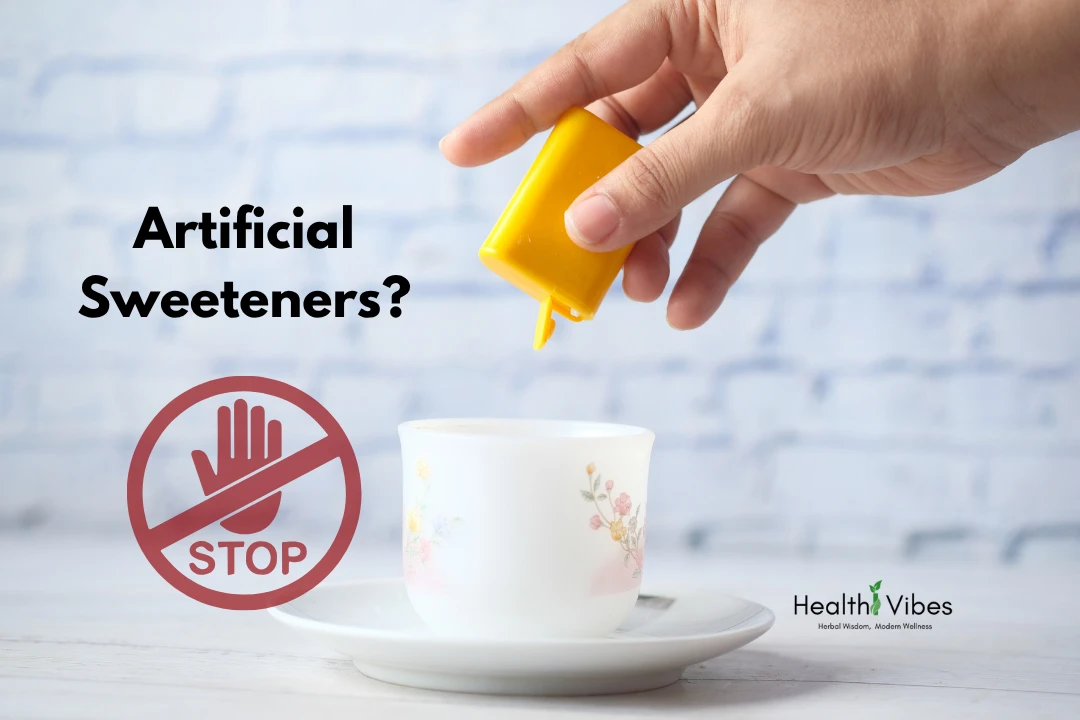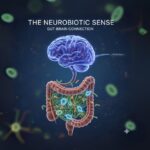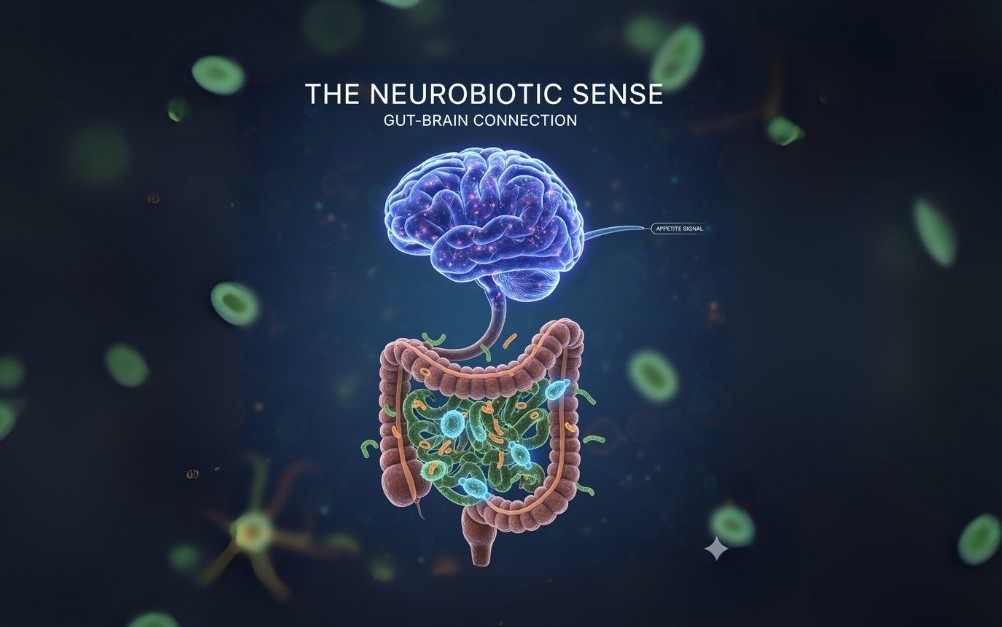In a recent research, scientists have found “strong association” of cognitive decline in users who conusmed artificial sweeteners.
Published in Neurology, scientists looked at whether consuming low- and no-calorie sweeteners (artificial or sugar substitutes) is linked to faster decline in thinking, memory, and cognition over time.
Approximately, 13000 adults, with an average age of 52 years, were studied over 8 years in Brazil. There were assessed for their intake of seven commonly used artificial sweeteners like Aspartame, Saccharin, Acesulfame K, Erythritol, Sorbitol, Xylitol and Tagatose. The median dose of artificial sweetener consumption was 92 grams/day.
Participants were assessed by completed regular tests that measured memory, verbal fluency, and overall thinking ability.
Key Findings
It was found that the people who consumed the highest amounts of these combined sweeteners saw their thinking and memory skills decline 62% faster than those who consumed the least. Even moderate users showed 35% faster decline than low users.
Verbal fluency — the ability to recall and speak words quickly — dropped over 100% faster in regular sweetener users. The scientists calculated that this accelerated decline was the equivalent of about 1.6 years of extra brain aging.
Who was most affected?
The study found that this connection was mainly seen in two groups:
- Middle-Aged Adults: The association was significant in participants under the age of 60, suggesting that the long-term impact on the brain may start in midlife.
- People with Diabetes: The decline in memory and thinking was even more noticeable for participants who also had diabetes.
Possible Causes?
The study suggests the following ways might be “unconfirmed” reasons these effects are observed.
- Disruption of the Gut Microbiome: This is the most frequently cited theory. Sweeteners can change the balance of bacteria in your gut (the microbiome). A healthy gut is strongly linked to a healthy brain, so upsetting this balance can disrupt communication along the “gut-brain axis,” which may lead to problems with thinking and memory.
- Inflammation: Changes in the gut microbiome can trigger a low-level, chronic state of inflammation throughout the body, including the brain (neuroinflammation). This long-term inflammation is known to damage brain cells and accelerate aging.
- Changes to Brain’s Defenses: Some research suggests that sweeteners may cause oxidative stress and even disrupt the blood-brain barrier (BBB). The BBB is a protective shield that keeps harmful substances from entering the brain; if it’s compromised, the brain becomes more vulnerable.
Important Note: Association, Not Proof
It is important to understand that this was an observational study. This means the researchers found a strong association between high sweetener intake and faster cognitive decline, but it does not prove that the sweeteners directly cause the brain to age faster.
The scientists suggest that the reason for this link might involve inflammation or changes to the gut microbiome—the trillions of bacteria in your digestive system—which can, in turn, affect the brain.
Although this research suggests that artificial sweeteners may be doing more harm than good, always consult a healthcare practitioner to make changes to your lifestyle.
Disclaimer:
The information provided in this article is for educational and informational purposes only and is not intended as medical advice. The content summarizes findings from a scientific study and related expert opinions. While every effort has been made to ensure accuracy, research on artificial sweeteners and brain health is still ongoing, and the results discussed represent associations, not proven cause-and-effect relationships.
Readers should not interpret this information as a diagnosis, treatment recommendation, or substitute for professional medical care. Always consult a qualified healthcare provider, physician, or registered dietitian before making any changes to your diet, lifestyle, or treatment plan — especially if you have diabetes, metabolic conditions, or other health concerns.
The authors and publishers of this content are not responsible for any actions taken based on the information presented here. Product names, brands, and trademarks mentioned are the property of their respective owners and are included only for reference.
In short: this article aims to inform and encourage thoughtful choices, not to replace medical advice or promote fear about specific ingredients.
Full research Article:
Gonçalves, N. G., Martinez-Steele, E., Lotufo, P. A., Bensenor, I., Goulart, A. C., Barreto, S. M., Giatti, L., De Faria, C. P., Del Carmen Bisi Molina, M., Caramelli, P., Marchioni, D. M., & Suemoto, C. K. (2025). Association between consumption of low- and No-Calorie artificial sweeteners and cognitive decline. Neurology, 105(7). https://doi.org/10.1212/wnl.0000000000214023








